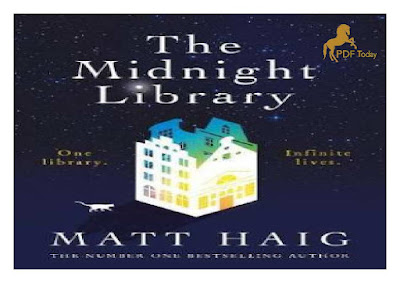The Story Of Biryani
Biryani is an evergreen classic that really needs no introduction. India offers so much on its culinary platter but the one dish Indians unanimously love indulging in is the mouth-watering biryani. With local and hyperlocal variations having evolved into distinctive styles of biryanis, one is spoilt for options when it comes to experiencing this melting pot of flavours.
So if you are a die-hard fan of this delicious dish, take things up a notch and tease your taste buds a little more with the story of what makes biryani so extraordinary.
Though it may appear to be a dish indigenous to India, in reality, the dish originated quite far away. Biryani is derived from the Persian word Birian, which means ‘fried before cooking’ and Birinj, the Persian word for rice. While there are multiple theories about how biryani made its way to India, it is generally accepted that it originated in West Asia.
One legend has it that the Turk-Mongol conqueror, Timur, brought the precursor to the biryani with him when he arrived at the frontiers of India in 1398. Believed to be the war campaign diet of Timur’s army, an earthen pot full of rice, spices and whatever meats were available would be buried in a hot pit, before being eventually dug up and served to the warriors.
Another legend has it that the dish was brought to the southern Malabar coast of India by Arab traders who were frequent visitors there. There are records of a rice dish known as Oon Soru in Tamil literature as early as the year 2 A.D. Oon Soru was said to be made of rice, ghee, meat, turmeric, coriander, pepper, and bay leaf, and was used to feed military warriors.
Another story is also there
It is said that Mumtaz once visited the army barracks and found the Mughal soldiers looking weak and undernourished. She asked the chef to prepare a special dish that combined meat and rice to provide balanced nutrition to the soldiers – and the result was biryani of course! At the time, rice was fried in ghee, without washing, to give it a nutty flavour and prevent it from clumping. Meat, aromatic spices, and saffron were added to it before cooking the mix over a wood fire.
The Nizams of Hyderabad and Nawabs of Lucknow were also famous for their appreciation of the subtle nuances of biryani. Their chefs were renowned the world over for their signature dishes. These rulers too were responsible for popularising their versions of the biryani – and mouth-watering accompaniments like mirchi ka salan, dhanshak and baghare baingan – in different parts of the country.
The perfect biryani calls for meticulously measured ingredients and a practised technique. Traditionally, the dum pukht method (slow breathing oven in Persian) was used to make biryani. In this method, the ingredients are loaded in a pot and slow-cooked over charcoal, sometimes from the top also, to allow the dum or steam to works its magic. The pot, sealed around the edges with dough, allows the steaming meat to tenderise in its own juices while flavouring the rice.
Other than the technique, spices also play a critical role in dishing out a good biryani – some recipes call for very limited use of spices while others use more than 15 different spices. Meat or chicken is often the main ingredient, though, in some coastal varieties, fish, prawns, and crabs are also used. Use of rose water, sweet edible ittar and kewra water in biryani are also common, a practice prevalent since the medieval era.















0 Comments